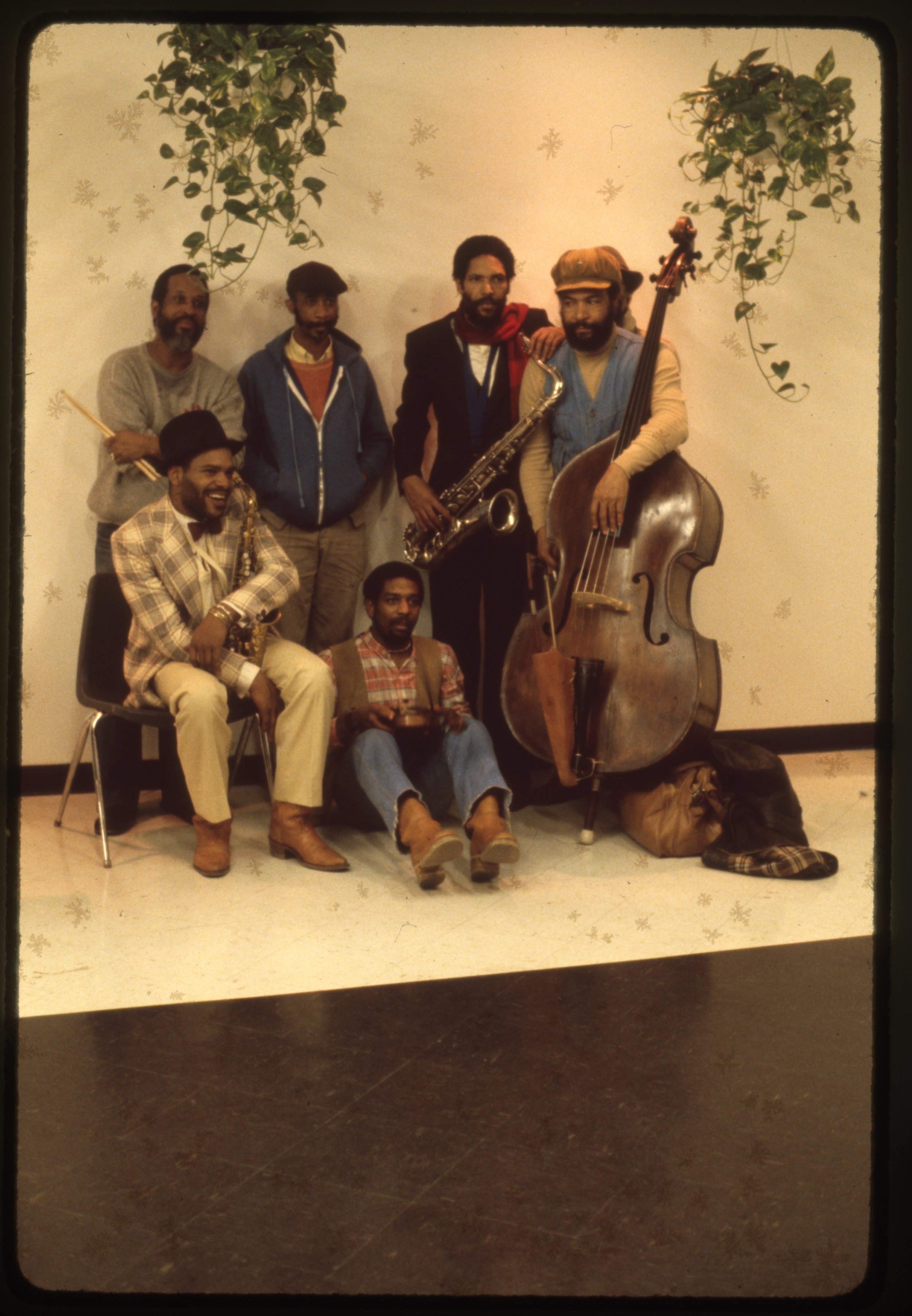Mission Statement
Crossing Tones is a 501(c)(3) non-profit that acts as an intermediary custodian for significant collections of Jazz music and related items.
We gather essential source materials and prepare them for acquisition, preservation, and use in meaningful teaching and listening initiatives.
Through our efforts we hope to facilitate research, deepen appreciation, and broaden the listener base for the music.

I. The original artifacts matter
While the modern resources of music largely circulate in the digital realm, many stem from physical analog originals. Having and holding these originals is vital to accessing their art content and knowledge about them, so gathering and preserving them is the priority for the organization. Wherever it is feasible and wise they will be applied directly in work that we do or sanction.
II. We intend to honor and respect the artists whose work is involved
Crossing Tones exists in order to give appropriate credit to the creative artists who are responsible for this work. Foremost those are the musicians and composers, but also include photographers, writers, and graphic designers represented in our collections. To that end, soliciting artists’ input in identification is a priority. Furthermore, we intend to cooperate with the initiatives of those artists and their representatives and estates, and to guide these decision-makers in choosing best practices for preservation, exhibition, and the future disposition of their own materials.
While Crossing Tones may take courtesy credit for commercially licensed use, and will assume the rights for material in its care, the intellectual property rights of the artistic creators will remain intact. Nothing can or will be done without their permission or blessing.
Other rights-holders—including publishing interests, venues, etc.—may be involved; their stake in the proceedings will be respected but considered secondary to that of the artists.
III. Teach it in / Teach it out
Crossing Tones exists in part for the academic benefit of the network of researchers, publication interests, teachers, broadcasters, historians, and collectors. Of utmost importance, though, is for the materials to be used to broaden the listener base for the music. We will always advocate for free educational public programs that utilize fair use doctrine to present the music and its artifacts, suitably contextualized and annotated. This applies to the work we do with the materials while they are in our care, and it also is a major criterion for the decision-making about where these materials will end up finally.
IV. Not all materials are of equal significance
Collecting, cataloging, and preservation will be done on a triage basis—taking into consideration which items are most endangered, which are most vital to the art histories they represent, and which are most kinetically in demand for research use or exhibit. Also, after careful consideration, some items will not be preserved—not necessarily as a judgment of the artistic value of the contents, but most often because better editions of the meaningful part of the content is available from other sources.
First Principles
Who we are
Ras Burnett (New York, NY)
Jazz musician, composer, archivist, record collector, educator. BA in music studies from SUNY Empire State College; MFA in music composition from Vermont College of Fine Arts.
Parker Fishel (Chicago, IL)
Archivist, author and producer. Researching for bio-discography of Marion Brown.
Charles Iselin (Queens, NY)
Structural engineer and collector specializing in pre-war Jazz. Custodian of the Phil Schaap radio archive.
Joe Lizzi (Queens, NY)
Audio engineer, record producer, collector specializing in avant garde Jazz and modern mainstream. Long-time studio engineer, now freelance for own and other labels.
Jackie Santos (New York, NY)
Musician, record collector, audio engineer, and archivist. Producer of the Art Law Podcast and Woman of Culture podcast; Assistant Editor of RILM’s Index to Printed Music.
Katherine Whatley (Palo Alto, CA and Tokyo, Japan)
Musician, writer and researcher. Performer of the koto (transverse Japanese harp). PhD candidate at Stanford University in Japanese literature and music. Japanese jazz and experimental music scholar.
Ben Young (Worcester, MA and Brooklyn, NY)
Researcher and lecturer, in broadcast and classroom, broad range collector. Former label staff producer, now freelance for own and other interests.
Emeritus Members: David Beal and Matthew Rivera
Crossing Tones honors the legacy of Founding Member, Melissa Jones